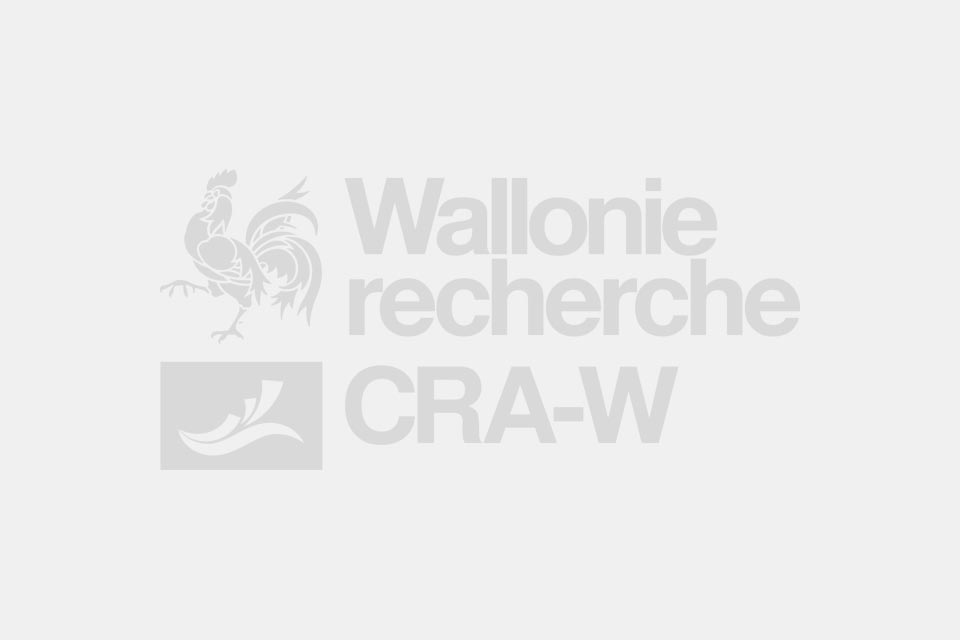Context
TRACE is an Integrated Project (IP) proposed under the FP6. It addresses the primary objective of the Food Quality and Safety Priority to improve the health and well-being of European citizens through higher quality of their food and improved control of food production. The proposal directly and fully addresses 5.4.4 (T4.1): Development of reliable traceability methods and systems to establish the origin/ mode of production of food products. These harmonised, reliable, rapid and cost-effective methodologies and protocols will be developed and validated in order to help to prevent fraud and assure consumer confidence in the quality of foods and animal feeds.
Objectives
TRACE aims to improve the health and well-being of European citizens by delivering improved traceability of food products. The 5 year project sponsored by the European Commission will provide consumers with added confidence in the authenticity of European food through complete traceability along entire fork to farm food chains. Particular attention will be paid to commodities labelled as “Designated Origin” and “Organic”. To achieve this strategic objective, 5 main groups have been defined. The analytical tools group is in charge of - producing a model/expert system “Food Origin Mapping (FOM)” that permits the isotopic and elemental composition of mineral water to be predicted from geological and climatic data, - investigating the utility and efficiency of fingerprinting spectroscopic methods (near infrared, mid infrared, Raman) and GCxGC/MS-TOF for monitoring olive oil and honey for conformance with declared quality or identity specifications, - developing molecular methods that allows to identify beef breeds PGIs, quantify at least the major species present in honey and characterise cereals, - developing new and better chemometric methods for discrimination between food commodities and verification of food origin. The traceability systems group is in charge of - testing, improving, evaluating and recommending technologies and tools for traceability of food items in general and more specifically in mineral water, honey, cereal, olive oil and meat - establishing generic principles for ‘Good Traceability Practice’ in the food industry The consumer awareness and behaviour group is in charge of - gaining a deeper understanding of the role of the ability-to-trace regarding food products and food production systems as a clue in consumer decision-making, - providing to consumer organisations, recommendations, guidelines and action points derived from the research. The technology and transfer group is in charge of providing and overseeing knowledge transfer through short term training sessions and workshops. The management project group is in charge of - coordinating the project - developing and exploiting a communication and dissemination system that will be the focus of European information on food authenticity and traceability (www.trace.eu.org).
Expected results
TRACE will develop cost effective analytical methods integrated within sector-specific and -generic traceability systems that will enable the determination and the objective verification of the origin of food. It will focus firstly on meat, cereals, honey, and mineral water but will have wider applicability to other commodities. TRACE will also assess European consumer perceptions, attitudes, and expectations regarding food production systems and their ability-to-trace food products, together with, consumer attitudes to designated origin products, food authenticity and food fraud. It will develop a “Good Traceability Practice” guide food production systems. A programme of demonstration activities performed by the food industry will critically appraise of the developed traceability systems to ensure they are cost effective and fit for purpose. Technology transfer activities will train industry, regulatory bodies and analysts in the new systems and methods.
Contribution
Project Management: Leader of the workpackage about Trace Information Management and Communication System (TIMCS); member of the Scientific Committee. Molecular Biology method : To identify some European cattle breeds by means of genetic fingerprinting using the molecular markers . For this study, a PGI labelled product (Protected Geographical Indication) will be investigated: Vitellone dell’Appennino (Appennine beef). Spectroscopy method: To investigate the utility and efficiency of Raman spectroscopic method for monitoring of olive oil and honey for conformance with declared quality or identity specifications. Database and Website Development: To conceive and manage the public website and the intranet. To build an information system on samples studied in the project (European labelled products).
Partners
The TRACE consortium coordinated by CSL (York-UK) includes 49 partners (official laboratories, research centres, universities and private companies) from 25 EU countries involved in the traceability and the authentification of agricultural food products.
Funding
- CE - DG Research - FP6









